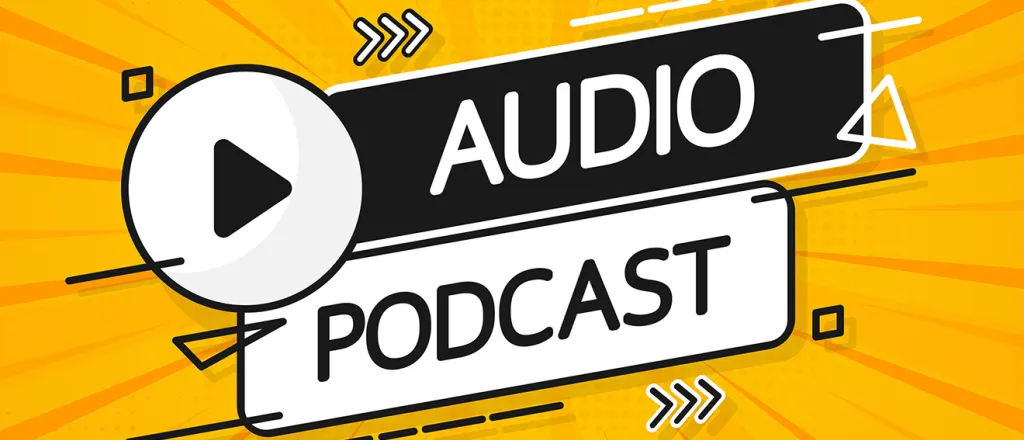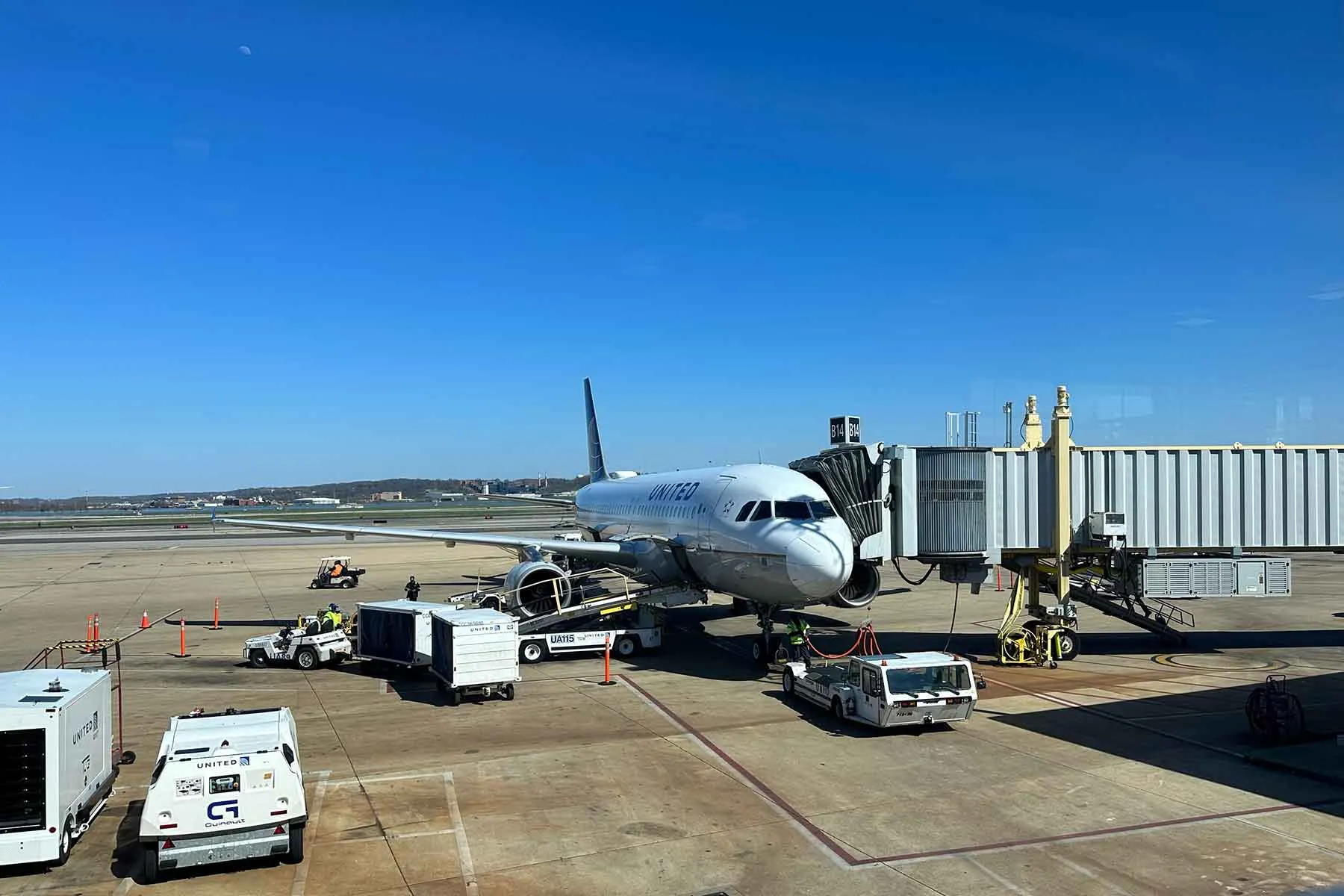
Daily Audio Newscast - March 29, 2024
News from around the nation.
The latest on the Key Bridge collapse, New York puts forth legislation to get clean energy projects on the grid and Wisconsin and other states join a federal summer food program to help feed kids across the country.
TRANSCRIPT
The Public News Service Daily Newscast, March 29, 2024.
I'm Farah Siddiqui.
The government awarded the state of Maryland $60 million in federal emergency relief on Thursday in response to the collapse of the Francis Scott Key Bridge in Baltimore.
The bridge came tumbling down early on Tuesday after a massive cargo freighter that had lost power plowed into the structure in the Baltimore Harbor.
Two bodies have been recovered and four other missing people are presumed dead.
A Reuters report says all six casualties are of immigrants from Mexico and Central America and came to America for a chance at a better life.
Advocacy groups have raised $98,000 for the victims' families.
An eight-year-old girl was the sole survivor after a bus carrying 46 people on their way to an Easter weekend pilgrimage in South Africa on Thursday plunged 165 feet from a bridge into a ravine and burst into flames, reported in The New York Times, according to a local Department of Transportation.
The bus was traveling from Botswana to Moria, a religious pilgrimage site in South Africa's northeast.
Almost 2,900 people are unsheltered on any given night in the Beehive State.
Governor Spencer Cox is celebrating signing nine bills he says are geared towards improving the state's homelessness prevention and mental health systems.
Alex Gonzalez has more.
Cox says homelessness and housing were among his top priorities heading into 2024.
He asked the legislature for about $128 million in his budget to address the issue.
While Cox wasn't granted the full amount, he says he's pleased with the just over $81 million to be used to alleviate homelessness in Utah.
It was a grueling session.
It was a difficult one, but we ended up in a great place.
One of the bills, HB 394, now requires the state's Homeless Network Steering Committee to create a funding appropriation formula to ensure these funds are being distributed statewide.
Senate Bill 26 will make changes to Utah's behavioral health licensing provisions.
Wisconsin children from low-income families are now on track to get nutritious foods over the summer.
Federal officials have approved the Badger State's plan to join a new program that includes dozens of other states.
Governor Tony Evers says Wisconsin is the first state to get the green light for the summer electronic benefit transfer program.
Thirty-six other states are poised to launch this summer, too.
Eligible households will receive pre-loaded debit cards that families can use to buy groceries.
Shelley Fortner of the Hunger Task Force of La Crosse applauded the move, noting half of the kids in the local school district already qualify for free and reduced-price lunches during school.
We've got families with low incomes, most of them working, by the way, but just not able to put that extra meal on the table for kids who are at home during the summer months.
Throughout Wisconsin, there are separate meal sites for these kids when school isn't in session, but supporters of the new effort say it provides more flexibility, especially for households with limited transportation options.
I'm Mike Moen.
This is Public News Service.
New York's legislature is considering a bill to get clean energy projects connected to the grid faster.
It's called the RAPID Act, for Renewable Action Through Project Interconnection and Deployment, and backers say it would make clean energy projects permitting an interconnection process more efficient.
As states prepare their power grids for the renewable energy boom, many grid operators need to catch up, according to a new report.
Jeff Jones with the Alliance for Clean Energy New York says better connectivity is necessary to bring renewable energy to all parts of the state.
We are now starting to see more and more distributed areas where renewable energy is being produced.
Most of that is taking place in areas that have enough electricity, like in upstate New York where we are now starting to see more and more wind farms and especially solar farms.
He adds people are concerned this bill could override local opposition to transmission projects since it would require that more power lines be developed.
There are also concerns about how it would affect the farm industry, and Senate lawmakers want assurance that jobs stemming from this and other bills would use local hires.
I'm Edwin J. Vieira.
Missouri residents are worried about future access to birth control.
The latest survey from The Right Time, an initiative based in Missouri, focused on efforts to improve access to contraception across the state.
Despite strong support for young adults ages 18 to 35 having access to all forms of birth control, one in every three Missourians feels policymakers are not supportive of that aim.
Michelle Truppiano, who heads the Missouri Family Health Council, says that's one reason behind the efforts to amend the state's constitution.
Missourians concerned with the ability to get birth control in the future will have an opportunity to enshrine reproductive freedom, including birth control, into the state constitution if enough signatures are gathered to put this issue on the ballot.
In the survey, 78 percent of the 1,000 respondents said that they think emergency rooms in Missouri should make contraception available to survivors of domestic and sexual violence or human trafficking.
This includes 82 percent who identify as Republicans, 87 percent of Democrats, and 72 percent of independents.
Parts of states, including Ohio, will be in complete darkness for a few minutes during the eclipse next month.
As Mark Richardson reports, the temptation to watch without protective eye gear has doctors worried.
On April 8th, a total solar eclipse will briefly put parts of the United States, Mexico, and Canada in complete darkness.
Purdue University aeronautics professor Bartlett Caldwell says during a total eclipse, the entire circumference of the sun is blocked by the moon.
This is one of the most impactful, amazing, visible celestial experiences that a human can have.
Depending on where in Ohio you're watching, the event will become visible at about 2 o'clock in the afternoon and last until 4.30 p.m., with the peak of totality at 3.15.
This is Farah Siddiqui for Public News Service, member and listener supported, heard on interesting radio stations, your favorite podcast platform, and you can find our trust indicators at publicnewsservice.org.














